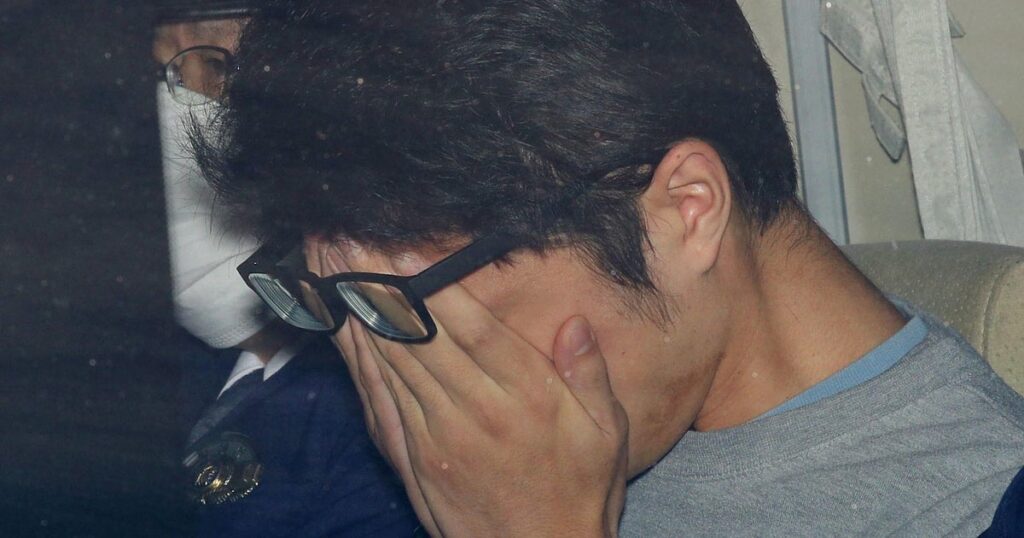
TOKYO – Japan executed Takahiro Shiraishi, known as the “Twitter killer,” on Friday. Shiraishi, 34, was convicted of murdering and dismembering nine individuals he met online, marking the nation’s first execution since 2022.
Immediate Impact
Shiraishi was hanged after being found guilty of luring his victims through social media, specifically targeting users expressing suicidal thoughts. He promised to assist them in their plans or even die alongside them. His actions have reignited discussions around capital punishment in Japan, one of the few G7 countries, alongside the United States, that still practices the death penalty.
Key Details Emerge
Justice Minister Keisuke Suzuki described Shiraishi’s crimes as “cunning and cruel,” involving robbery, rape, murder, and the mutilation of corpses. Shiraishi’s victims, primarily young women, were contacted through Twitter, now known as X. His profile reportedly stated: “I want to help people who are really in pain. Please DM [direct message] me anytime.”
“Nine victims were beaten and strangled, killed, robbed, and then mutilated with parts of their bodies concealed in boxes, and parts discarded in a garbage dump,” Suzuki told reporters in Tokyo.
By the Numbers
- 9 victims aged between 15 and 26
- 3 teenage girls and 5 women killed
- 1 male victim, the boyfriend of one of the women
- Execution marks the first under Prime Minister Shigeru Ishiba’s administration
Background Context
The grisly murders were uncovered in 2017 when police investigated the disappearance of a 23-year-old woman. Her brother accessed her Twitter account, leading authorities to Shiraishi’s residence in Zama, near Tokyo, where dismembered body parts were discovered in coolers and toolboxes. Shiraishi was sentenced to death in 2020, with the court dismissing his lawyers’ arguments that his victims had consented to die.
Expert Analysis
Legal experts have debated the ethical implications of Shiraishi’s execution, particularly in light of Japan’s secretive execution process. According to Japanese law, executions must occur within six months of a final verdict after all appeals are exhausted, yet many inmates remain on death row for years.
“The dignity of the victims was trampled upon,” the judge remarked during Shiraishi’s trial, emphasizing the predatory nature of his crimes.
Regional Implications
This execution underscores the Japanese public’s strong support for capital punishment, despite international criticism. Surveys indicate a significant portion of the population favors maintaining the death penalty, viewing it as a deterrent to heinous crimes.
What Comes Next
As Japan continues to grapple with the ethical dimensions of capital punishment, Shiraishi’s case may prompt further dialogue on mental health support and suicide prevention. The government faces ongoing scrutiny over its handling of death row inmates and the transparency of its judicial processes.
If you or someone you know is in emotional distress or suicidal crisis, call the National Suicide Prevention Hotline at 1-800-273-TALK (8255). For more information about mental health care resources and support, The National Alliance on Mental Illness (NAMI) HelpLine can be reached Monday through Friday, 10 a.m.–6 p.m. ET, at 1-800-950-NAMI (6264) or email [email protected].







